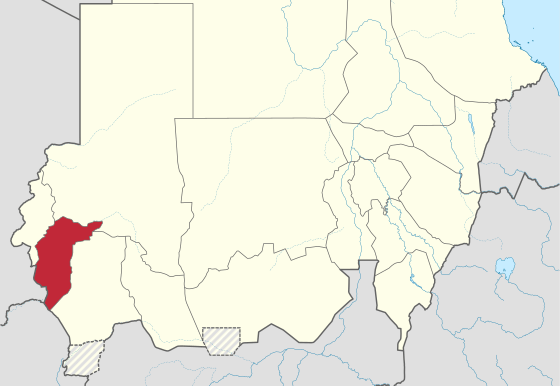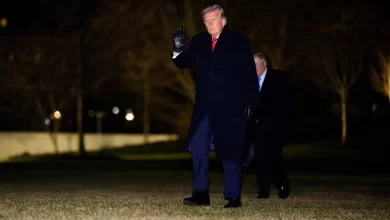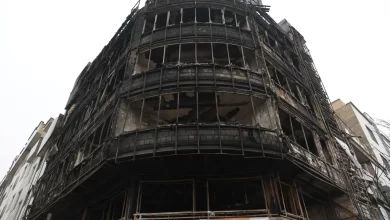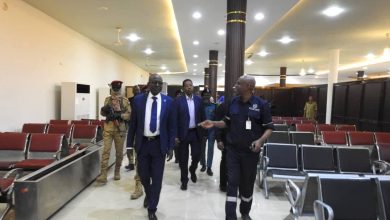
Sudan Events – Agencies
Tribal leaders and activists from the Fur tribe in Central Darfur state have strongly rejected the creation of a new “Emirate” for an Arab group that recently arrived from the Central African Republic, warning of demographic changes and the empowerment of new groups at the expense of the original inhabitants.
RSF-affiliated platforms released a video of a celebration held by the “Oulad Baraka and Mubarak” group marking the establishment of the emirate. The RSF commander of the Central Darfur sector, Colonel Mohammed Adam Benjouz, addressed the attendees.
The move sparked anger and calls for intervention to stop what they described as the “occupation” of the original tribes’ lands in the region, where the RSF has maintained control since the end of last year.
A senior Fur tribal leader in Central Darfur, who preferred to remain anonymous for security reasons, told Sudan Tribune, “We categorically reject the establishment of a new emirate for Arab tribes in Central Darfur.”
He explained that the “Oulad Baraka and Mubarak” group, a branch of the Salamat Arab tribe, recently came from the neighboring Central African Republic and has no land in the region. He added that a small number of this group was present before the war in areas south of Zalingei, but their numbers increased significantly after the conflict began, with the RSF bringing in mercenaries from Central Africa and Chad.
He considered this development as the occupation of Fur lands, supported and protected by RSF leadership, which aims to empower its allied groups.
Human rights activist Abbas Abdel-Kabir from Central Darfur told Sudan Tribune that the founding conference of the Oulad Baraka and Mubarak group is part of the ongoing demographic change in Central Darfur and the entire Darfur region. He accused the RSF and its allied Arab tribes of creating parallel tribal leaderships in the territories of original tribes with higher authority than the historical local leaderships.



